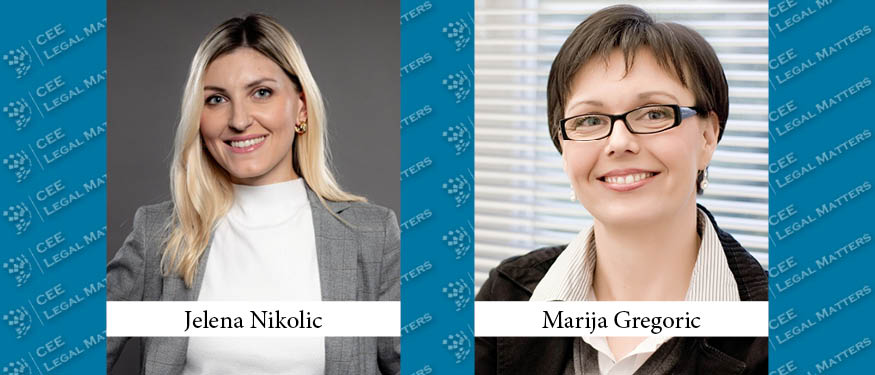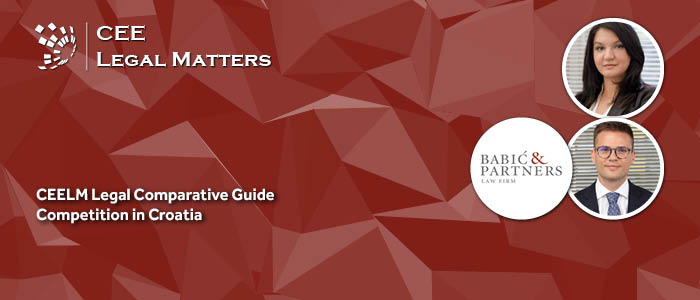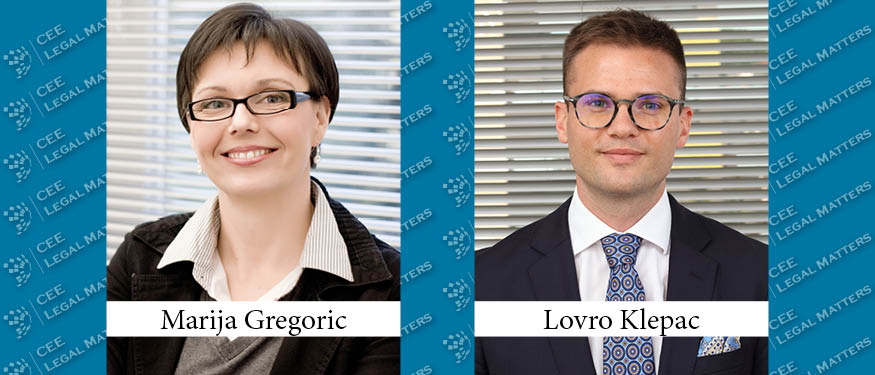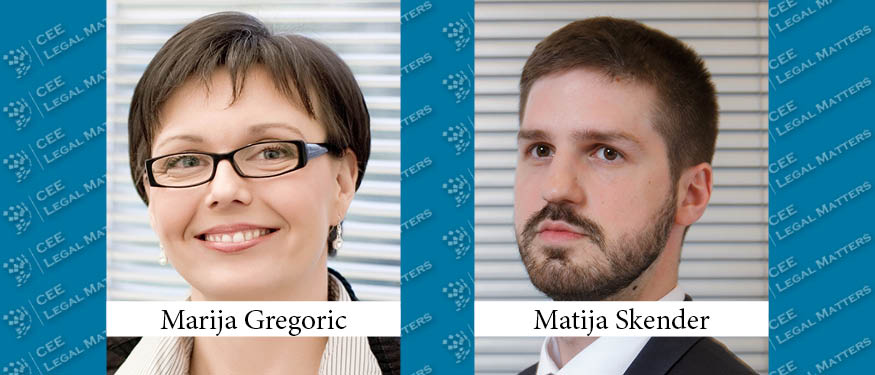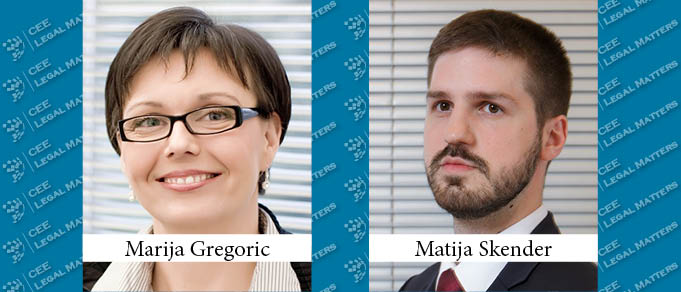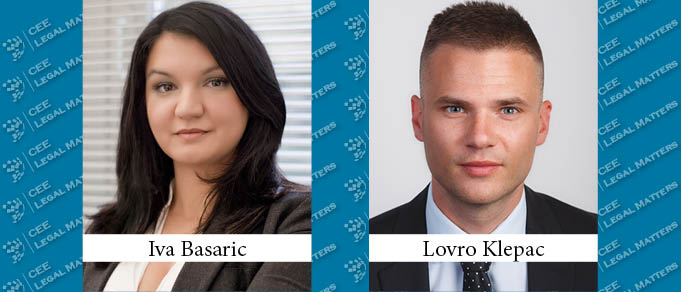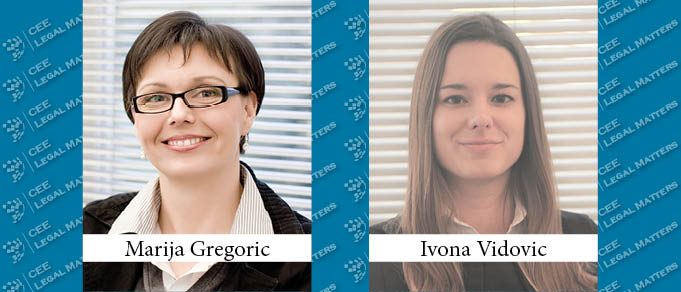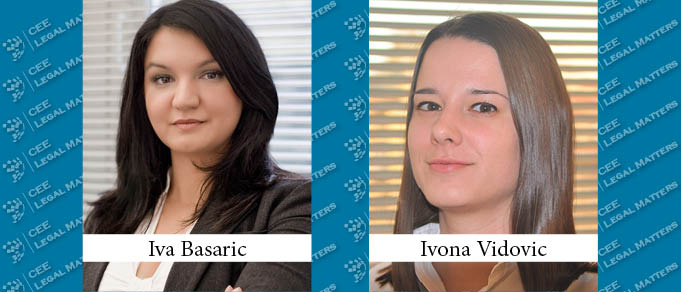In the summer of 2024, the Croatian Intellectual Property Office published a report detailing intellectual property (IP) infringement data for 2023. This statistical overview sheds light on the enforcement of IP rights across three main segments in Croatia: liability for misdemeanors (falling under the jurisdiction of the Croatian Customs Administration), criminal liability (managed by the State Attorney’s Office), and civil liability (which is enforced through private actions, often involving Collective Management Organizations (CMOs)). This article analyzes the trends observed in the 2023 report, aiming to provide insight into the future landscape of IP enforcement in Croatia and explore implications for rightsholders and other stakeholders in the IP space.
Digital Nomads in Croatia, Montenegro, and Serbia
Central and Eastern Europe is increasingly on the radar of digital nomads seeking new destinations. The countries they flock to see their markets impacted – for better or worse – with both opportunities and challenges aplenty. Babic & Partners Partner Marija Gregoric and JPM & Partners Partner Jelena Nikolic analyze these impacts.
Competition Laws and Regulations in Croatia
Contributed by Babic & Partners.
Recent Trend in Croatian Data Protection: Unveiling a Surge of Enforcement Actions
The fifth anniversary of the General Data Protection Regulation (GDPR) in Croatia has ushered in an unforeseen and substantial transformation in the sphere of data protection. This notable shift is characterized by a surge in enforcement actions led by the Croatian data privacy watchdog, commonly known as the Personal Data Protection Agency (DPA – in Croatian AZOP). In stark contrast to the relatively quiet initial three years following the enactment of the GDPR (2018-2021) in Croatia, 2023 has become a turning point, witnessing a seismic shift in Croatian data protection enforcement.
New Tourism Act – What is the Impact on the Real Estate Market?
According to the government, the act is designed to tackle certain perceived downsides of excessive tourism, such as the lack of affordable long-term accommodation for the housing needs of the local population, a negative impact on the environment (especially the sea, sea coast, and islands), as well as a negative impact on cultural heritage sites.
Croatia: Garden Leave – When Timing Is of the Essence
Terminating an employee is a critical juncture for employers, fraught with potential risks and complications. Such a move can disrupt workflow and productivity, casting a shadow on workplace morale and organizational stability. Additionally, it opens the door to legal disputes, with terminations often seen as unfair or discriminatory, resulting in costly litigation.
Croatia: Use (and Misuse) of Complaints in Croatian Competition Law Practice
Complaints (under Croatian competition law also referred to as “initiatives”), through which different market players may inform the Croatian Competition Agency (CCA) of suspected infringements of competition laws, have been introduced in the Croatian Competition Act back in 2010 and are not a novelty. Complaints have proved to be a useful tool that brought certain competition law violations to the attention of the CCA and helped detect and correct discrepancies in the market.
Croatian Transposition of Directive (Eu) 2020/1828 on Representative Actions for the Protection of the Collective Interests of Consumers
Croatian Consumer Protection Act authorizes qualified entities such as consumer organizations and public authorities to bring civil proceedings against traders or trade associations engaged in practices that violate Croatian consumer protection laws. Under the current regime, the competent court is authorized to (i) establish that the infringement occurred, (ii) order the respondent (e.g., trader) to cease the prohibited behaviour and, if possible, to adopt measures necessary to eliminate the harmful effects of respondent’s prohibited conduct, and (iii) prohibit any such or similar future behaviour.
New Chapter for Croatian Platform Workers
The start of the 21st century has seen the biggest changes and developments in employment law since its birth in the flames and smoke of the industrial revolution. The norm of the second half of the 20th century, comprising eight-hour shifts and nine-to-five office jobs, is now being dismantled. From remote working, flexible hours, compressed workdays and workweeks, all the way to platform work, the spectrum of employment law has never had so many colors. Even though Croatia represents a small jurisdiction, worldwide trends are certainly not bypassing it.
Parallel Enforcement of EU and Croatian Competition Law after The New EU Vertical Block Exemption Regulation
On June 1, 2022, Commission Regulation (EU) 2022/720 on the application of Article 101(3) of the Treaty on the Functioning of the European Union (TFEU) to categories of vertical agreements and concerted practices (EU VBER) entered into effect in all EU member states. The new EU-level rules were adopted, inter alia, to align the existing framework with the specifics of the online platform economy which plays an important role in the distribution of goods and services across the whole EU. Still, although the new VBER has significantly changed the rules on the application of Article 101(3) TFEU to vertical agreements, the existing Croatian Regulation on Block Exemption of Vertical Agreements between Undertakings (Croatian VBER) has not (yet) undergone a similar revision.
Croatia To Upgrade the Rules on Remote Working
As the COVID-19 pandemic globally swept away the business-as-usual concept, many countries, including Croatia, were faced with a rising problem of workplace-based COVID-19 transmissions. Croatia had a remote work (RW) framework initially introduced in 2003, but its application in practice was considered rather exotic. Once RW became one of the main workplace-related responses to COVID-19, authorities and employers were suddenly faced with interpretation and implementation problems. As a temporary solution, the Ministry of Labor and Pension System (Ministry) issued a number of opinions regarding the RW regime. These opinions were intended to loosen the regulatory grip, usually by turning a blind eye to unambiguous and mandatory statutory requirements, for example, by interpreting that a pandemic constitutes such circumstances under which employers are allowed to unilaterally impose a RW regime.
Croatia: WhatsApp Correspondence Constitutes Credible Evidence of Anti-Competitive Agreements
On July 21, 2021, the Croatian High Administrative Court confirmed the Croatian Competition Agency’s (CCA) cartel decision adopted against 14 Croatian driving schools. In its infringement decision dated December 30, 2019, the CCA established the existence of a price-fixing cartel between 14 Croatian driving schools and imposed fines in the total amount of HRK 415,000 (approximately EUR 55,500). During this cartel investigation the CCA conducted several dawn raids and established the existence of a price-fixing cartel based on, inter alia, WhatsApp correspondence exchanged between representatives and employees of cartel members. Based on CCA’s infringement decision, the content of exchanged WhatsApp correspondence between cartel members referred to the coordinated price increases for driving lessons starting from the beginning of 2018.
Ad-Hoc Reparations in Croatia’s Healthcare System: What is Pacta Sunt Servanda?
A freely-accessible public healthcare system has always been considered one of the pillars of the modern welfare state. However, the dearth of adequate managerial skills and advance planning within the healthcare framework has often led to systemic problems, like issues with financing for a system that is regarded as a public service by users and a private business by service suppliers. This problem has once again resurfaced in the Croatian health sector, with debts accumulated by public hospitals and pharmacies standing in the way of a regular supply of medicinal products and medical devices by manufacturers, wholesalers, and pharmacies.
Croatia: One Court Decision and its Impact on M&A Deals in Croatia
It has become evident by now that the 2020 global pandemic has reshaped many aspects of the legal industry, with one of the eminent examples being the way M&A transactions are carried out – almost everything has become less certain, more urgent, and largely virtual. As though the circumstances have not been challenging enough, recent developments in local jurisprudence concerning the form of legal documents have started to negatively impact M&A deals in Croatia.
Croatian Competition Agency Confirms Coca Cola’s Compliance with Commitment Decision and Closes Investigation
Earlier this month, the Croatian Competition Agency confirmed that Coca Cola HBC Hrvatska d.o.o. had complied with the commitments the company had offered, and which had been accepted by the CCA, in the course of an investigation of vertical restraints imposed by Coca Cola on its distributors (most notably exclusive purchasing and tying arrangements). Early on, the CCA expressed concern that Coca Cola’s practices would constitute infringements under Articles 8 and 13 of the Croatian Competition Act (essentially corresponding to Articles 101 and 102 of the Treaty on the Functioning of the European Union).
Croatian Implementation and Enforcement of GDPR: State of Play as at December 2019
Following the adoption of the Regulation (EU) 2016/679 on the protection of natural persons with regard to the processing of personal data and on the free movement of such data, and repealing Directive 95/46/EC („GDPR“) on April 27, 2016, the Croatian GDPR Implementing Act („GDPR Act“) entered into force on May 25, 2018, simultaneously with the start of application of the GDPR.


